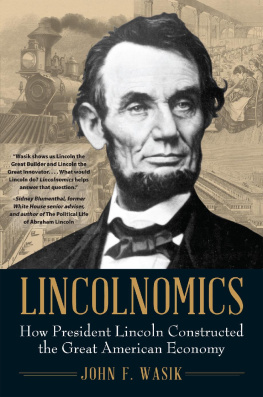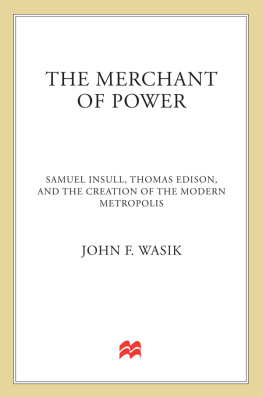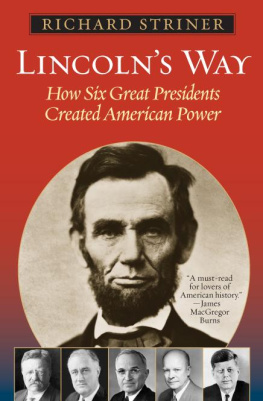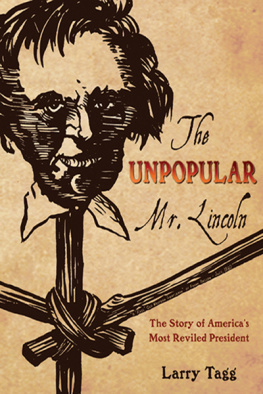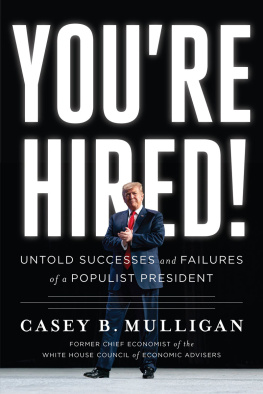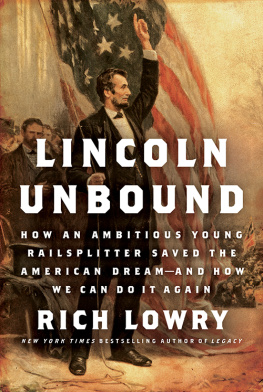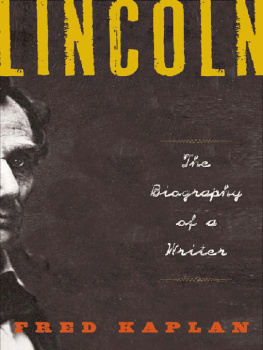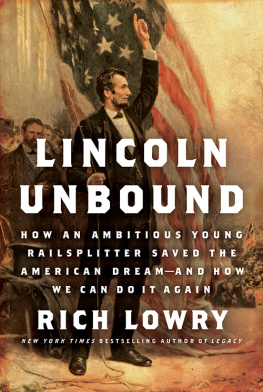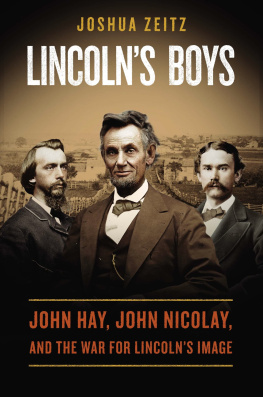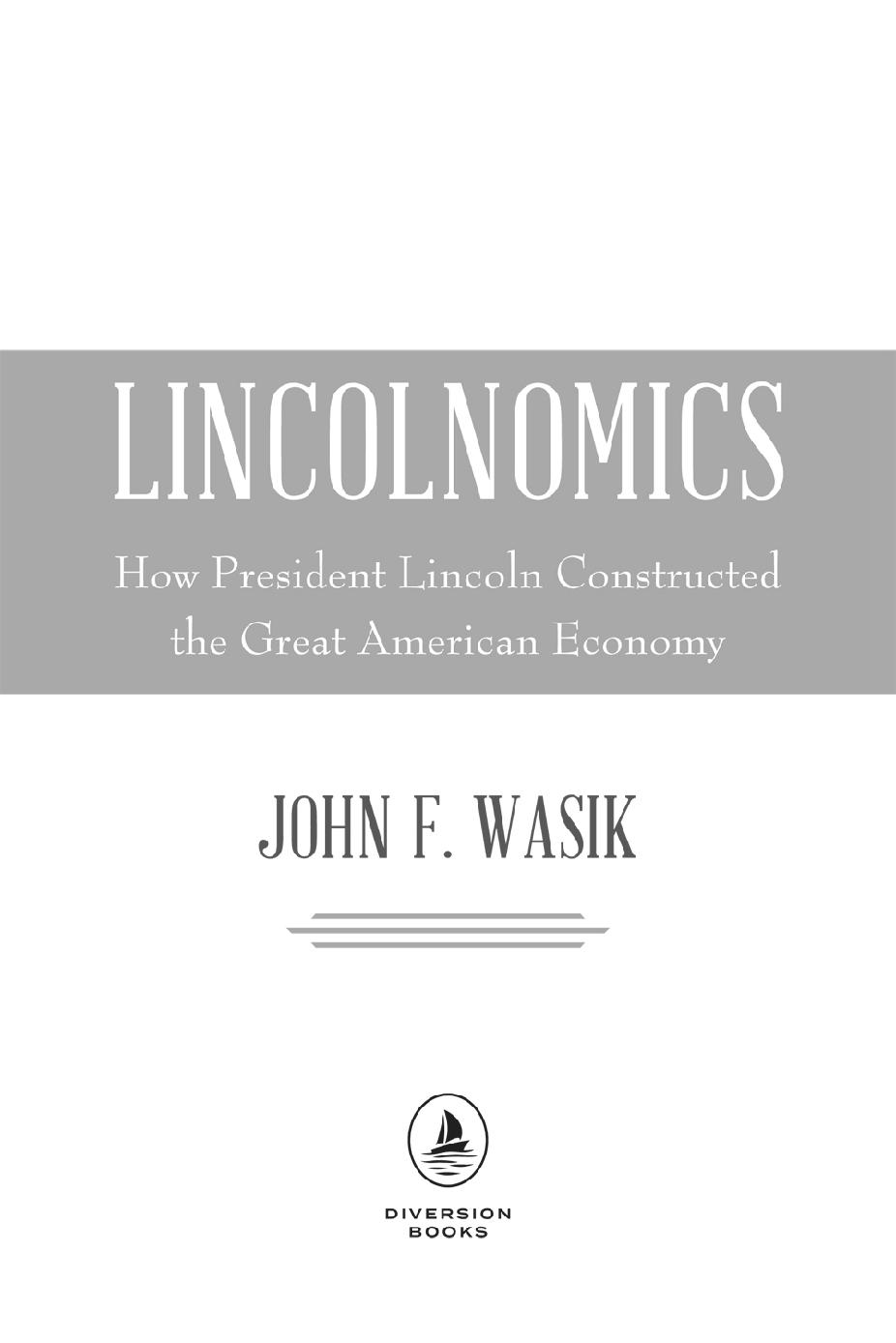Also by John F. Wasik
Winning in the Robotic Workplace:
How to Prosper in the Automation Age
Lightning Strikes:
Timeless Lessons in Creativity
from the Life and Times of Nikola Tesla
Keyness Way to Wealth:
Timeless Investment Lessons from the Great Economist
The Audacity of Help:
Obamas Economic Plan and the Remaking of America
The Cul-de-Sac Syndrome:
Turning Around the Unsustainable American Dream
The Merchant of Power:
Samuel Insull, Thomas Edison
and the Creation of the Modern Metropolis
And 12 other books
Copyright 2021 by John F. Wasik
All rights reserved, including the right to reproduce this book or portions thereof in any form whatsoever.
For more information, email
Diversion Books
A division of Diversion Publishing Corp.
www.diversionbooks.com
First Diversion Books edition, April 2021
Hardcover ISBN: 978-1-63576-693-6
eBook ISBN: 978-1-63576-687-5
Printed in The United States of America
1 3 5 7 9 10 8 6 4 2
Library of Congress cataloging-in-publication data is available on file
The Once and Future President
I write this amid the coronavirus pandemic and on the anniversary of the start of the Civil War. When I began my research several years ago for Lincolnomics , I was motivated to address the outdated infrastructure in my state of Illinois and across the world, and Lincolns views on the subject during his time. But these needspernicious as they arenearly became an afterthought when the global health crisis of a generation came to bear in early 2020. COVID-19 shut down commerce, triggered massive unemployment and a recession, and claimed the lives of more than 400,000 Americans and more than 1.5 million worldwide (at the time this book went to press). More Americans have died from the virus than the combined US combat fatalities of World War I, Korea, and Vietnam.
While sheltering in place during the pandemic, my persistent thought was: What would Lincoln do? Can Lincoln, our foremost moral architect of economic and social opportunity, still guide us? How do we reinvigorate his ideas in our times, when people storm our streets demanding change? Theres little doubt that were Lincoln alive today, he would see the necessity of creating a strong safety net in health, physical, and social infrastructure, and indeed act on it. It is clear, though, that Americans need more than what Lincoln called internal improvements to fix its broken healthcare, environmental management, infrastructure, and social justice systems.
Most Americans are familiar with the Lincolnian highlights: his Gettysburg Address, Emancipation Proclamation, and assassination by John Wilkes Booth. Little did we know that Lincolns other work, words, and ideas would become stunningly relevant in a twenty-first-century global health crisis and movement against systemic racism.
As I wrote this book during one of the most turbulent times in recent history, other extraordinary events impacted the conclusions of Lincolnomics . Widespread protests spread to nearly every major American city in the aftermath of a policemans murder of George Floyd on May 25, 2020 (and several prior and subsequent murders of Black people by police). Wildfires, hurricanes, and floods ravaged the country (and other nations). From Beijing to Washington, citizens experienced failures of health and emergency infrastructure, excessive police actions, and politicized pandemic government aid and response (or lack thereof). Manymyself includedmasked up and took to the streets to oppose police brutality and killings of Black Americans, and hundreds of years of racial injustice.
A number of these crises were uniquely tackled, indirectly and directly, by Lincoln and his successors. To be sure, recent history shines a new light on Lincolns progressive policies. Yet many, if not most, of these issues have vexed our country since before it was a nation. Discrimination and suppression of individual freedom, in tandem with the unbridled imperialistic aspiration that led to the United States economic dominance, became a hydra in Lincolns timeand is no less present now.
Raised in Illinois, Ive always felt a spiritual tether to Honest Abe. I was born in Chicago Heights on the Lincoln Highway where it intersected Dixie Highway, locally anointed as the Crossroads of America. Lincoln was an inescapable presence: an oracle, tragic icon, and immortal prophet of how to live free and prosper. His name and likeness were ubiquitous. His image is just about everywhere in the Prairie State, including on its license plates.
Growing up, I visited Lincolns home, his tomb, his law office, and walked by the site of his 1860 presidential nomination hundreds of times. At my favorite museum, a vending machine melted plastic into busts of Lincoln. The railroad he shepherded as a legislator and defended as a lawyerthe Illinois Centralran through my town, Matteson. I rode it to college at the University of Illinois-Chicago and later to work in the Windy City. It rumbled every day I lived there: a constant reassurance that life and commerce continued along this iron ribbon of time and spaceat least from Chicago to New Orleans.
Yet nearly all things Lincoln that I knew as a child and well into my adulthood concerned the iconic Lincoln: martyred Civil War president, brilliant author of the Gettysburg Address and inaugural speeches. Virtuous rail-splitter. Issuer of the Emancipation Proclamation. I remember seeing his epic burial edifice in Springfieldheralded with an obeliskfor the first time on a school field trip; those unfamiliar with Lincoln might think a pharaoh was buried in his resting place. Nevertheless, to Prairie Staters who have endured decades of corrupt politicians and incarcerated governors, Abe was our Moses.
For me, researching and writing Lincolnomics illuminated a spiritual and political tablet for a fundamental direction forward through loss, grief, political combustion, ecological catastrophes, and social upheaval. We are always seeking the better angels of our nature. Lincolns celestial guidance is still essential. On how to move ahead, Lincolns philosophies and actions could not be more instructive.
Why Lincoln Was Our Greatest Builder, But Doesnt Get the Credit
A s a moral policy leviathan, Lincoln reshaped the world. His role of Civil War commander-in-chief, and as author of the Emancipation Proclamation and Gettysburg Address, still ignites our aspirations for a more perfect union. He also was a proactive and progressive genius when it came to economic policy. Universal access to personal economic progressto Lincoln, an inalienable rightwas at the core of his mission.
Yet Lincoln was more than his great speeches and status as victor of a defining war. He was a global influencer of labor recognition, capital investment, and nation building. Long before he became president, Lincoln believed that American egalitarianism should be the model for the rest of the worldand his work toward this ideal had a global impact. Few know the extent to which Lincoln embraced innovation; he is the only president who patented his own invention. He personally sought to understand the relationship between labor and capital.

